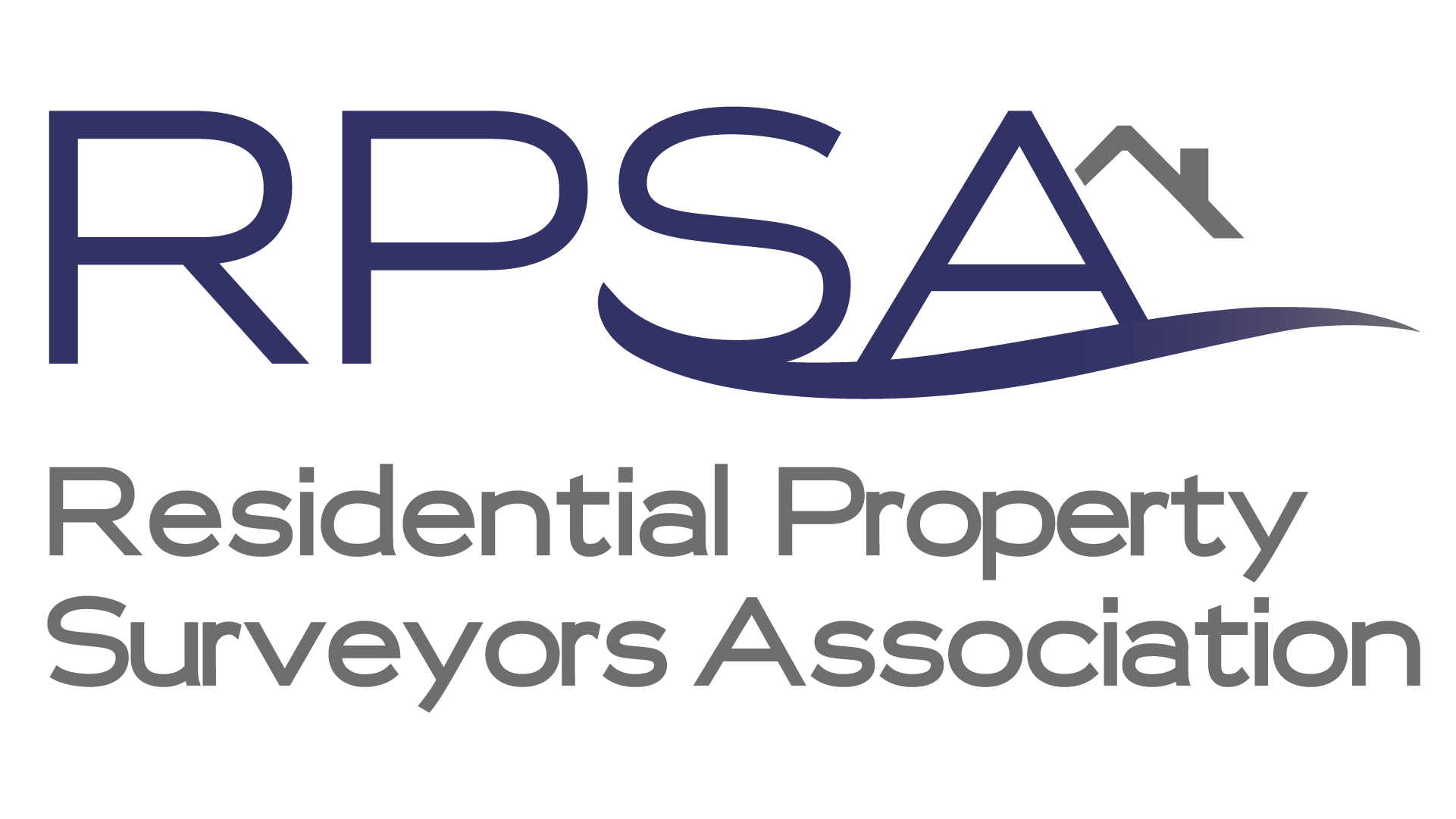What Affects the Value of Leasehold Properties
The value of a leasehold property can be affected by several factors. Here are some of the key factors that can impact the value of a leasehold property:
- Lease length – The length of the lease is a critical factor in determining the value of a leasehold property. The longer the lease, the more valuable the property is likely to be. This is because a longer lease provides greater security for the owner and potential buyers, as it ensures that the property can be occupied for a longer period of time without the need for costly lease extensions or renewal.
- Ground rent and service charges – Leasehold properties are subject to ground rent and service charges, which are payable to the freeholder or landlord. These charges can vary depending on the terms of the lease and the services provided. If the charges are high, it can reduce the value of the property, as it will increase the ongoing costs for the owner and make the property less attractive to potential buyers.
- Maintenance and repair costs – As a leaseholder, you are responsible for maintaining the property, including the interior of the flat. However, the freeholder or landlord is responsible for maintaining the exterior of the building, communal areas, and the land on which the building is located. If the freeholder or landlord is not fulfilling their maintenance responsibilities, it can affect the value of the property and make it less attractive to potential buyers.
- Location – As with any property, location is a significant factor in determining its value. Leasehold properties in desirable areas or in locations with good transport links, schools, and amenities are likely to be more valuable than those in less desirable areas.
- Restrictions on alterations – Leasehold properties often have restrictions on what alterations or improvements can be made to the property. If the restrictions are too onerous, it can reduce the value of the property as it limits the potential for the owner to make changes that would increase its value.
- Leasehold law – Changes to leasehold law can also impact the value of leasehold properties. For example, recent reforms have made it easier for leaseholders to extend their leases or purchase the freehold of their property, which can increase the value of the property. Conversely, changes to the law that increase the costs or restrictions on leasehold ownership could have a negative impact on property values.
In conclusion, the value of a leasehold property can be affected by various factors such as lease length, ground rent and service charges, maintenance costs, location, alterations, and changes to leasehold law. Before buying a leasehold property, it is essential to consider all of these factors and seek professional advice to ensure that you are making an informed decision.


